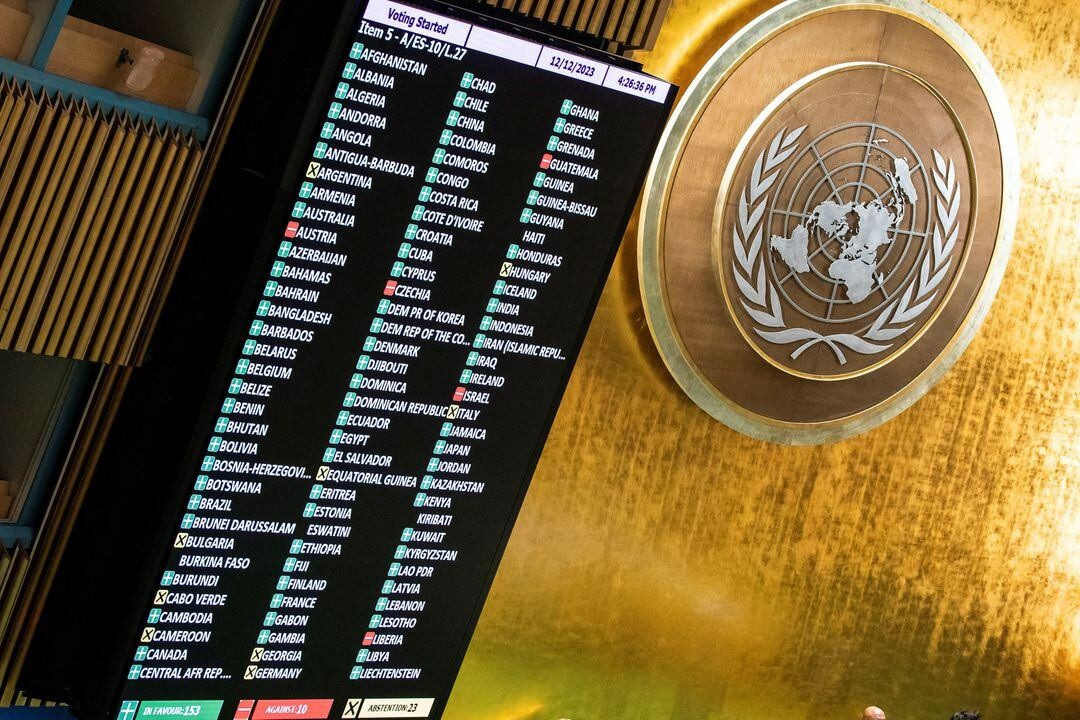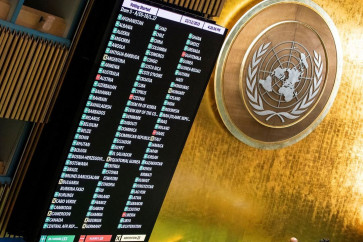Popular Reads
Top Results
Can't find what you're looking for?
View all search resultsPopular Reads
Top Results
Can't find what you're looking for?
View all search results2024: Placing diplomacy and dialogue front and center
Domestic political dynamics – including electoral politics – further complicate matters as foreign policies become increasingly approached through a narrow domestic lens and become increasingly transactional.
Change text size
Gift Premium Articles
to Anyone
T
he commencement of a new year is a time when projections are commonly made of global and regional conflicts to watch or new ones to anticipate.
Certainly, as 2024 begins, conflicts persist. And the costs, in human life and material damages, have been nothing short of catastrophic.
Far from subsiding, the conflict in Gaza shows worrying signs of widening to encompass the wider Middle East region. The toll on human life – women and children included – is severely testing our true sense of common humanity.
Elsewhere, the conflict in Ukraine continues to adversely affect geopolitical dynamics among nuclear-armed adversaries with the attendant unimaginable potential consequences.
The continent of Africa has its fair share of deadly conflicts, often simultaneously local-national-regional in character, which persist as global attention turns elsewhere.
Here in the Indo-Pacific, an “arc of instability” and uncertainty continue to loom. Long-existing and simmering territorial disputes – land as well as maritime – have resurfaced, fuelled by competitive geopolitical dynamics.
A trust deficit permeates not only among the well-recognized geopolitical rivals the United States and China, but also between other major actors in the region, India and China for instance, and between the countries of Northeast Asia.



















